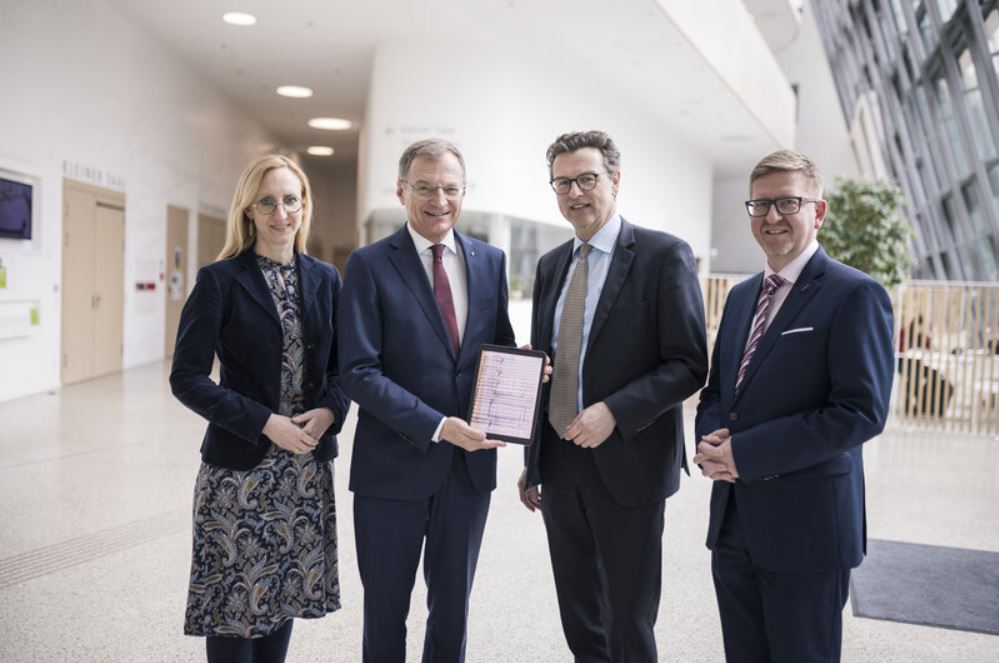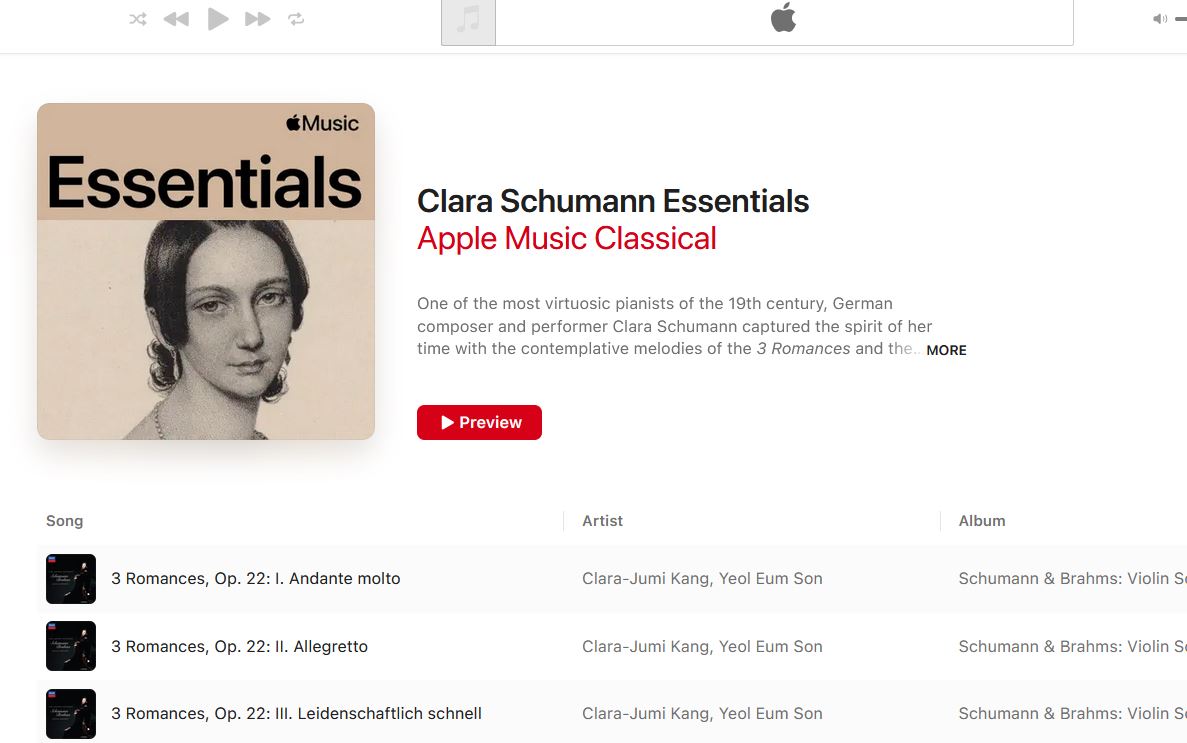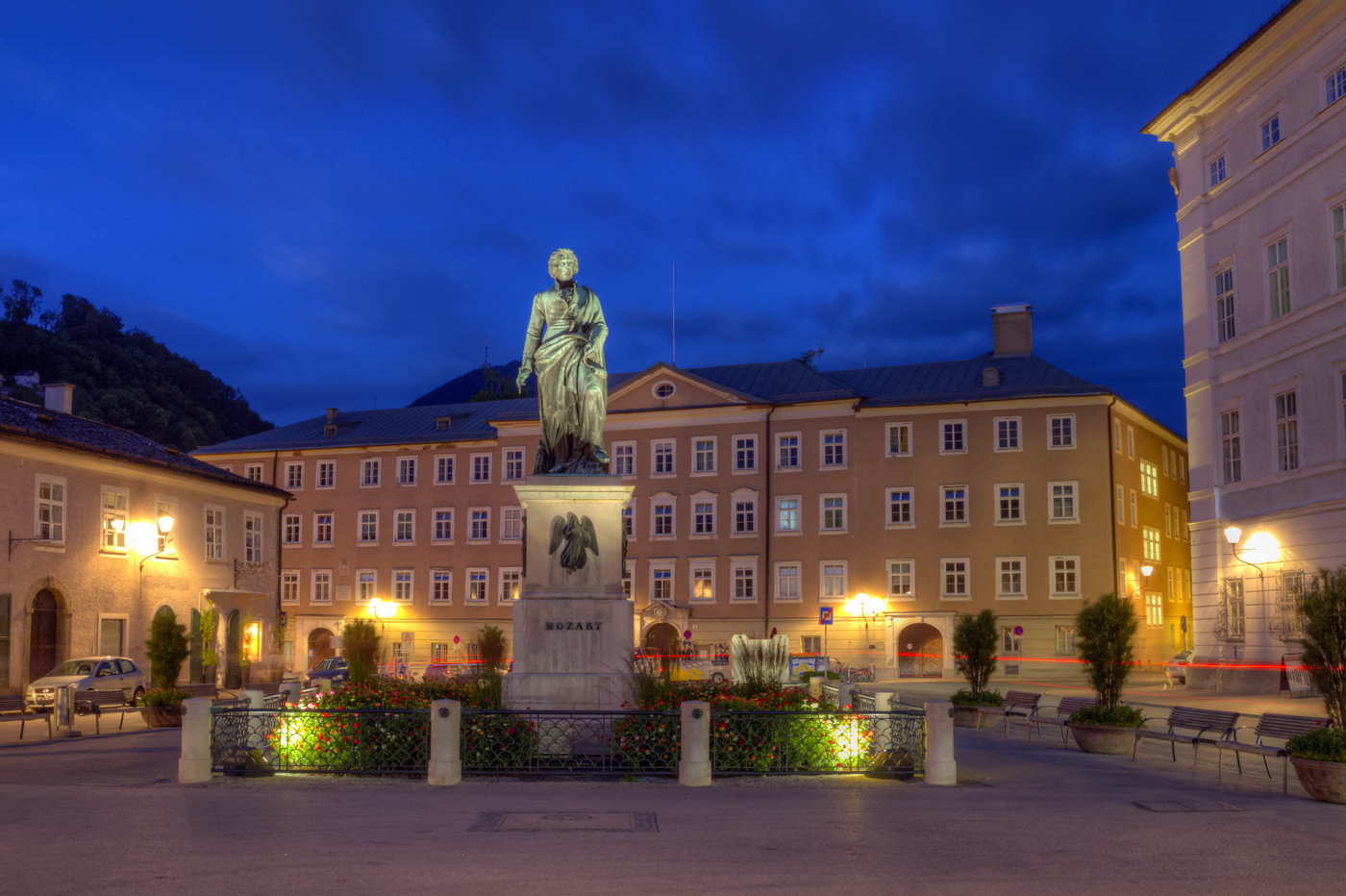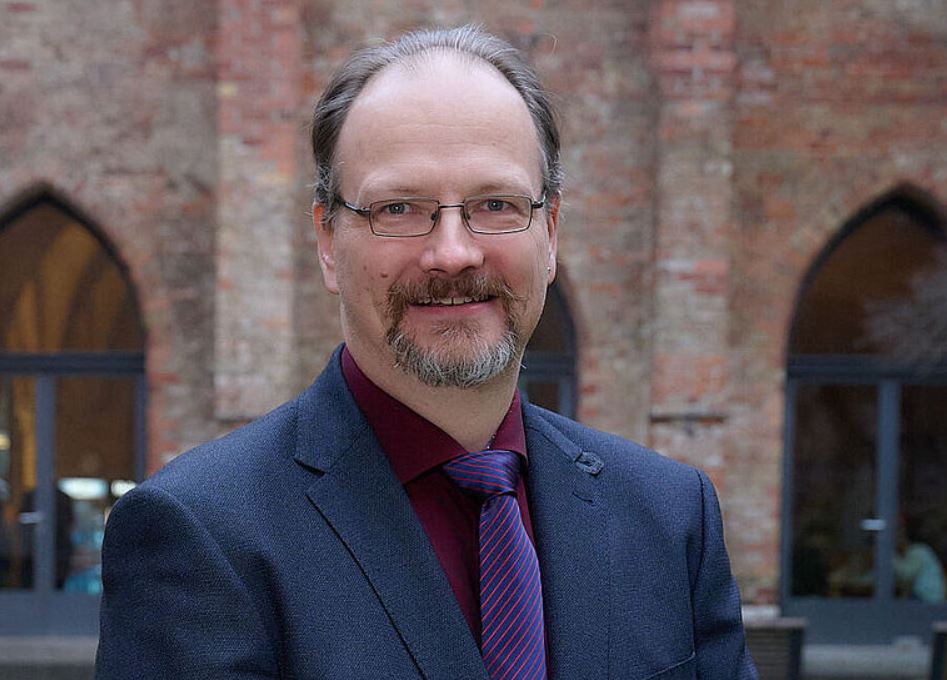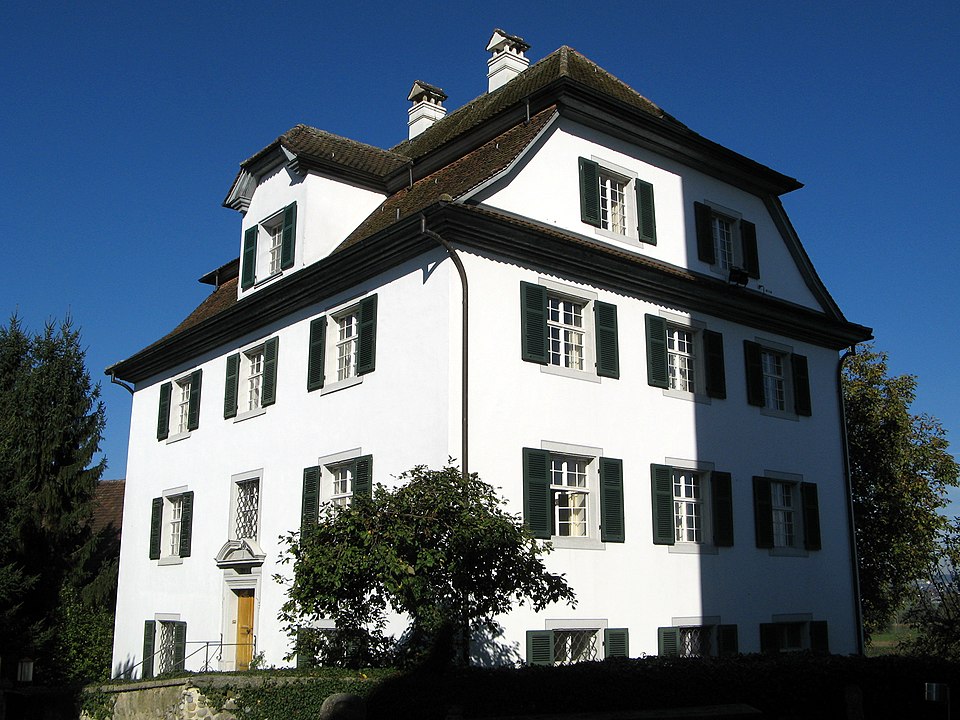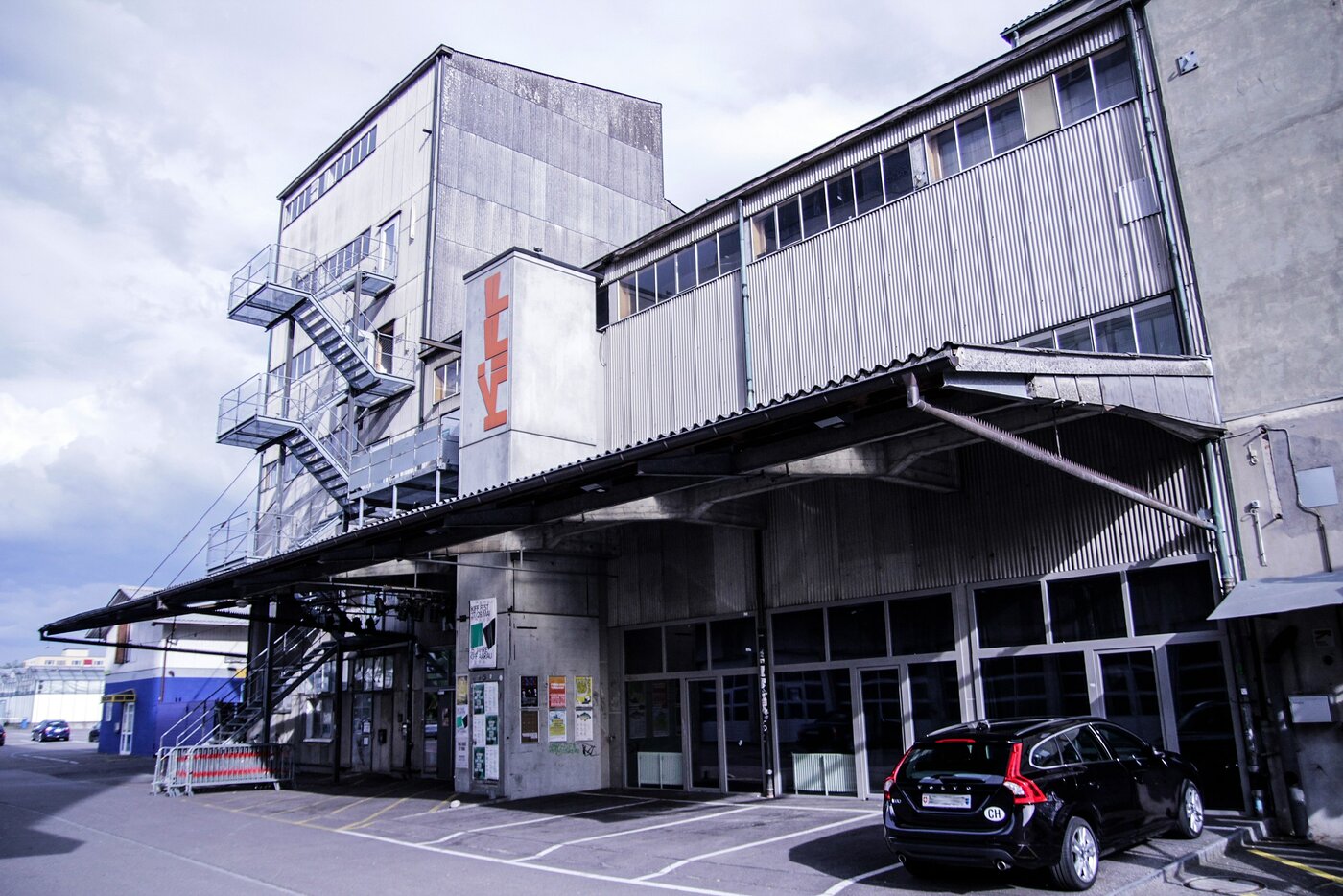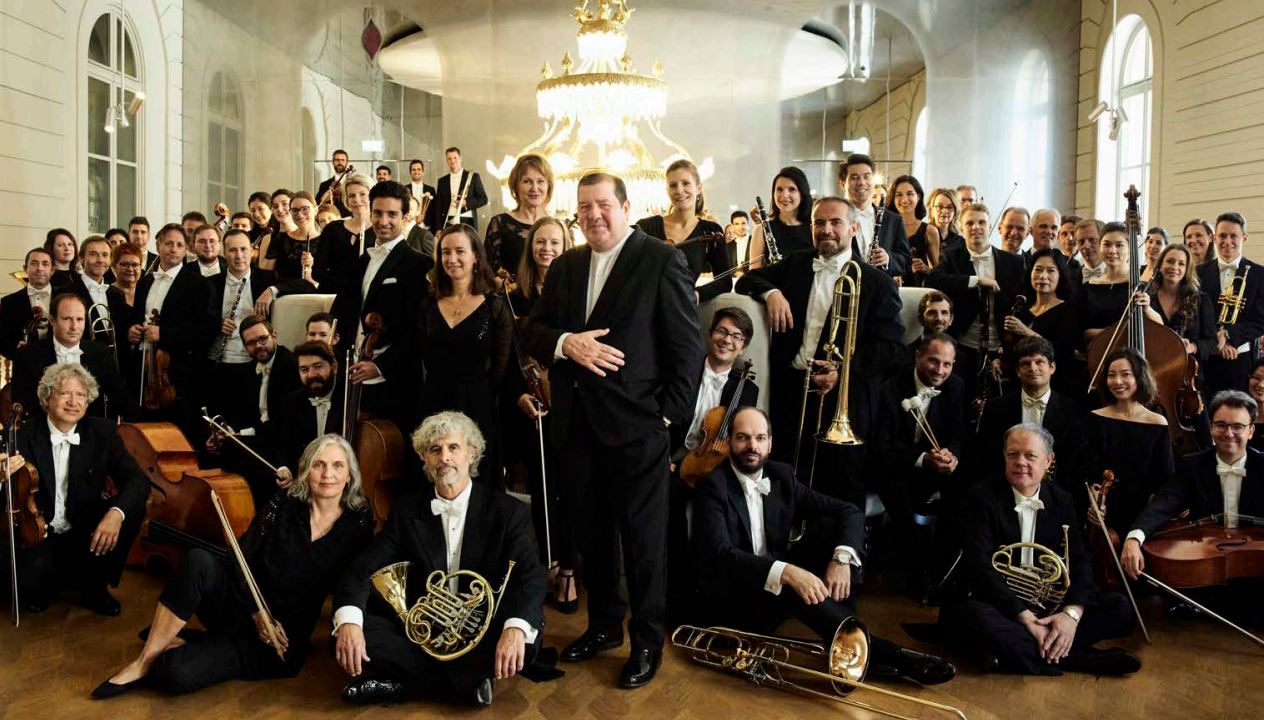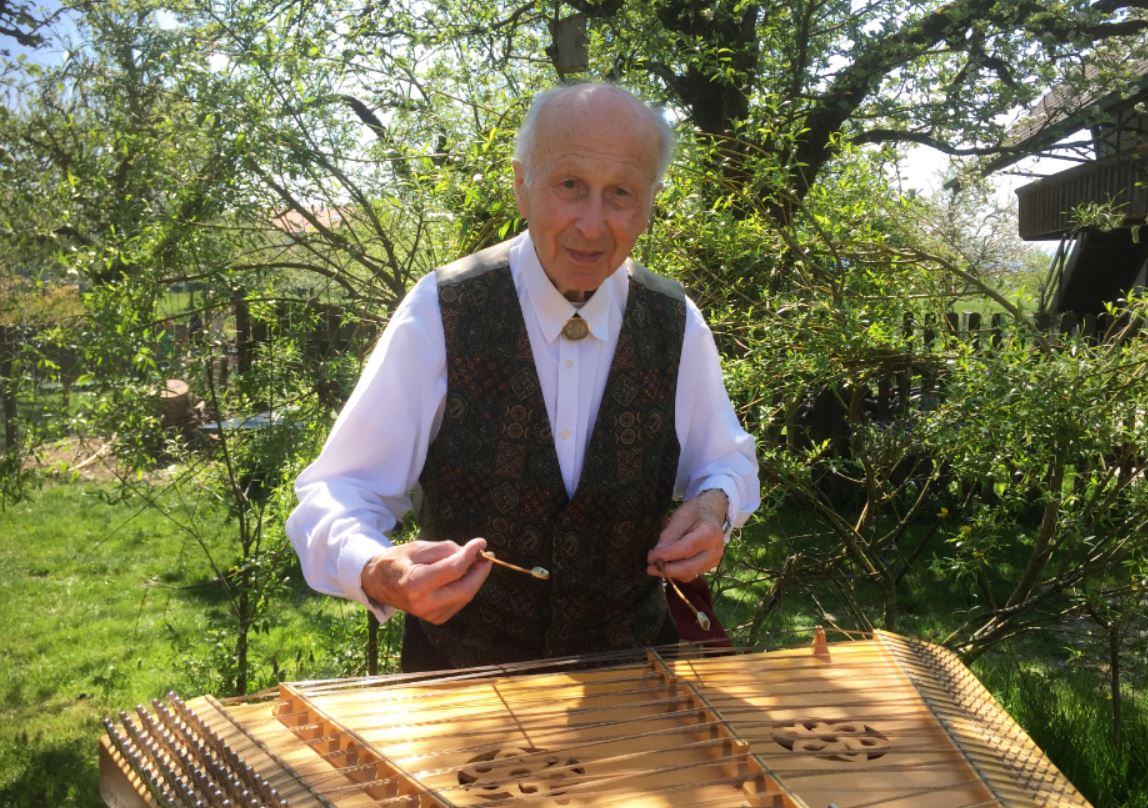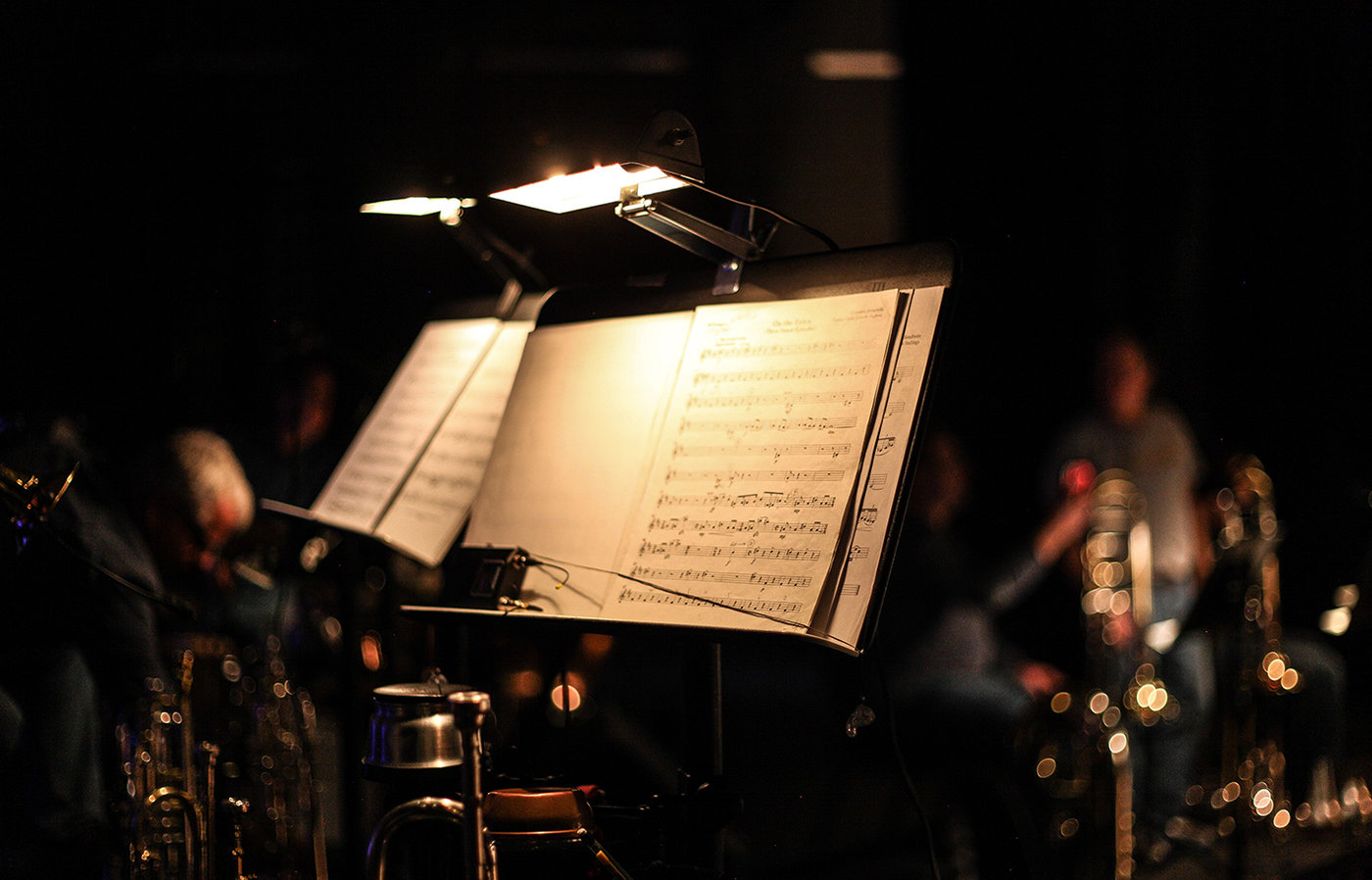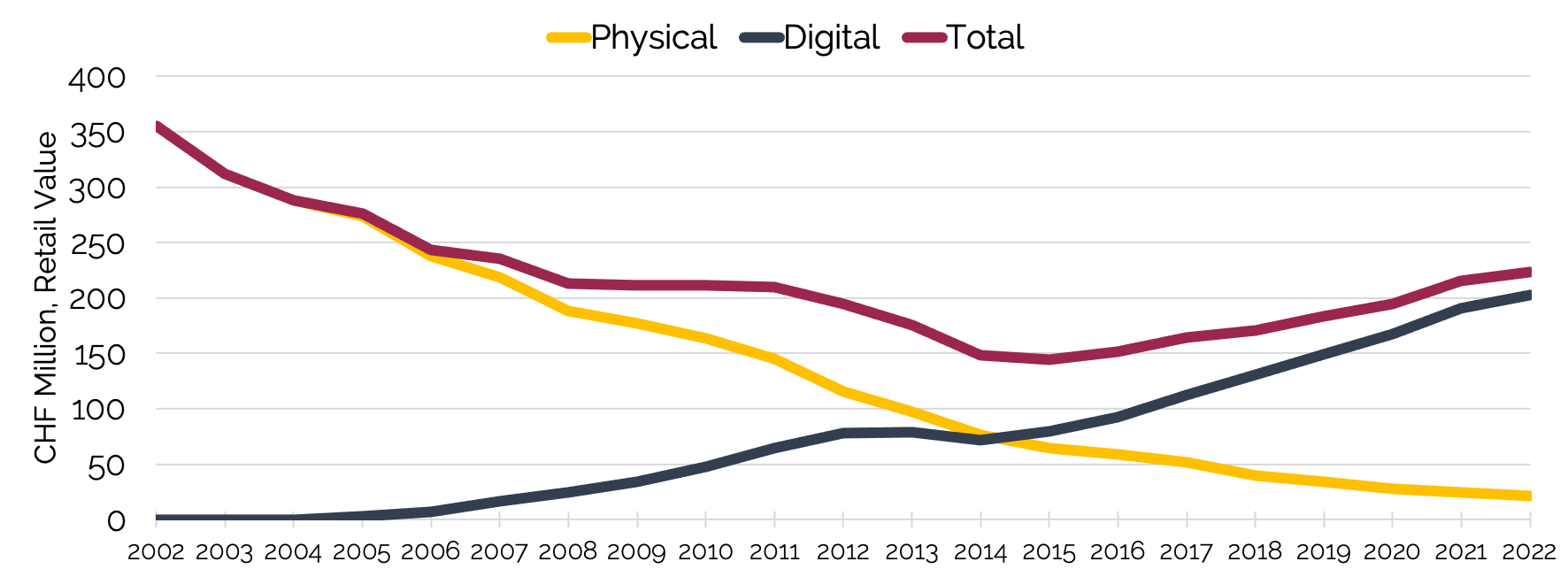Approval of the increase in cantonal contributions to the Lucerne Festival
The Education, Training and Culture Committee (EBKK) of the Lucerne Cantonal Council has discussed an increase in the operating contribution to the Lucerne Festival Foundation. It supports the festival's expansion plans and is requesting approval of the increase in contributions.
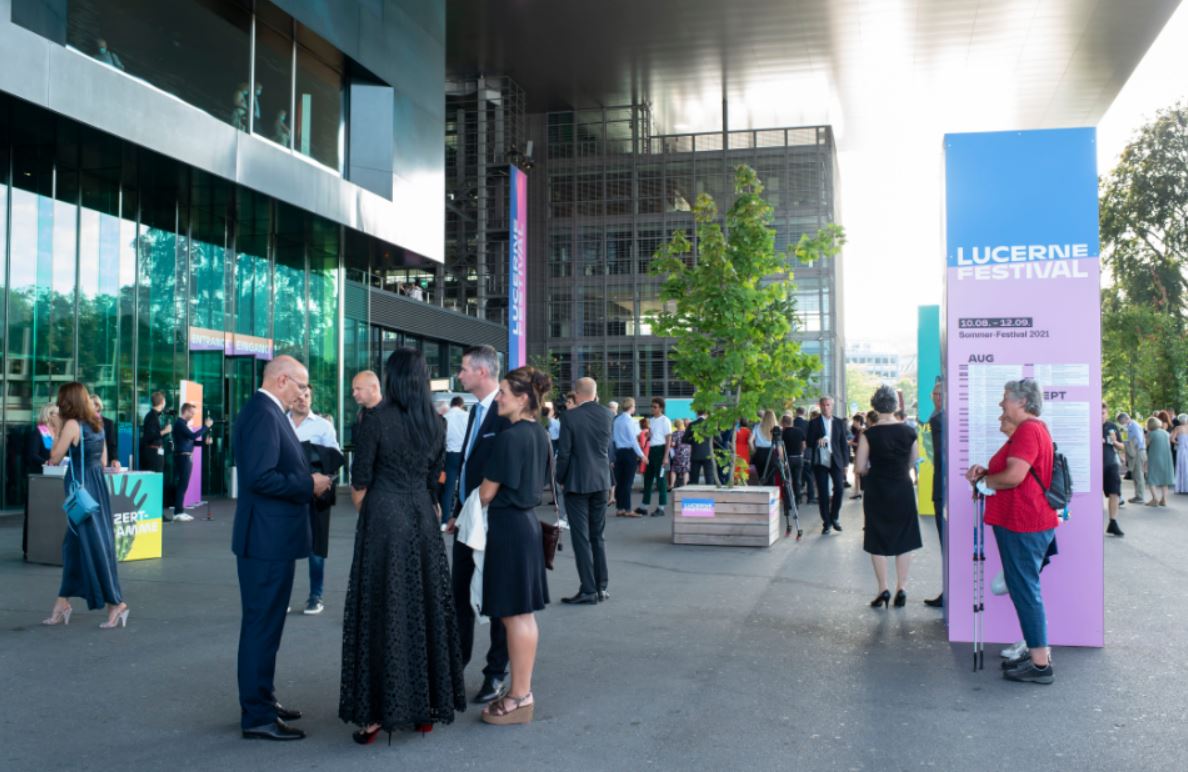
As outlined in the message according to the canton's press release, a staggered increase in the subsidy from the canton is to take place. Its contribution to the Zweckverband Grosse Kulturbetriebe will be gradually increased by CHF 660,000 by 2026. The Lucerne Festival Foundation intends to expand its activities and gain international significance with an artistic reorientation.
The Commission welcomes the intended further development and the majority are convinced that the status and reputation of the Lucerne Festival will be strengthened. The Commission also takes positive note of the aspect of youth promotion. A majority of the SFBC is in favor of increasing the operating contribution and recommends that the Lucerne Cantonal Council approve it.
A minority of the committee is critical of the planned subsidy increase. Reasons such as the imbalance in the financing of small and large cultural institutions, the demand for greater financial independence for the Lucerne Festival or the desire to postpone the matter until the regulation of regional cultural funding (including project and structural funding) are among the reasons for the negative attitude, writes the canton.






